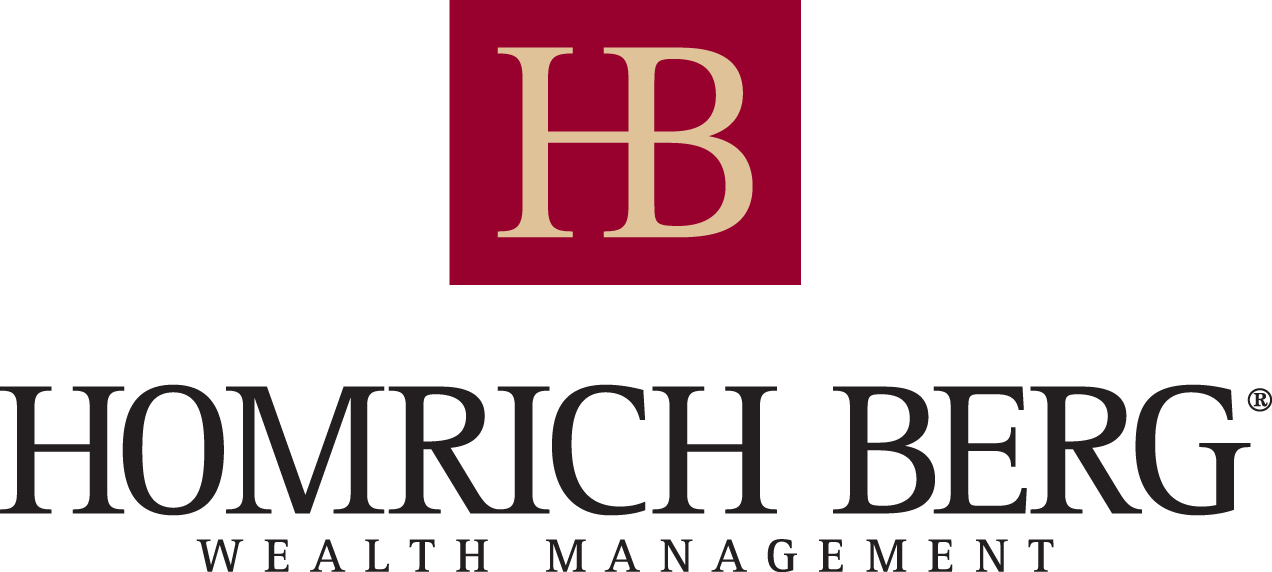Deprecated: strtolower(): Passing null to parameter #1 ($string) of type string is deprecated in /home/patsoldano/public_html/wp-content/plugins/autoblog/autoblogincludes/addons/originallinkinpopup.php on line 68
Deprecated: strtolower(): Passing null to parameter #1 ($string) of type string is deprecated in /home/patsoldano/public_html/wp-content/plugins/autoblog/autoblogincludes/addons/originallinkinpopup.php on line 68
Deprecated: strtolower(): Passing null to parameter #1 ($string) of type string is deprecated in /home/patsoldano/public_html/wp-content/plugins/autoblog/autoblogincludes/addons/originallinkinpopup.php on line 68
Deprecated: strtolower(): Passing null to parameter #1 ($string) of type string is deprecated in /home/patsoldano/public_html/wp-content/plugins/autoblog/autoblogincludes/addons/originallinkinpopup.php on line 68
Stand up and be heard! Contact your lawmakers in Congress to advocate for positive change.

By Isaac Bradley, J.D., CPA
Director of Financial Planning
Homrich Berg
Family businesses often start small with simple business and tax structures. However, as businesses expand, they sometimes outgrow their initial structures. It is important for business owners to understand the different structures available. It is important to distinguish between business structures and tax structures. Below is an overview of the different business and tax structures and some of the pros and cons of each.
Business Structures
Business structure is generally a matter of state law. The most common business structures include sole proprietorships, partnerships, corporations, and limited liability companies (LLCs). Businesses that do not file a document with a secretary of state or similar office to be organized, incorporated, or registered to do business are treated as sole proprietorships (if there is only one owner) or general partnerships (if there are multiple owners). These businesses are created simply by engaging in a business activity (i.e., a lemonade stand) there are no state filing requirements and no legal entity separate from the owners themselves. The major downside to a sole proprietorship or general partnership is that they offer no liability protection. The owners are personally responsible for all the business’s debts and liabilities.
Corporations and LLCs are formed by filing articles of incorporation or organization with a secretary of state or similar office. The benefit of a corporation or LLC is that it provides liability protection. If structured correctly, the owner of a corporation or LLC is not liable for the business’s liabilities and can only lose what they have invested in the business. A corporation is owned by shareholders who elect directors to oversee the business and appoint officers (i.e., a CEO) to handle the day-to-day operations. For small corporations the shareholders, directors, and officers are often the same individuals. The downside of a corporation is the detailed record keeping and reporting that is required. An LLC is owned by its members who typically elect one or more managers to run the business. Like corporations, the members of a small LLC are often the managers. The benefit of an LLC is that it offers liability protection with minimal reporting requirements.
A small, very low-risk business with sufficient liability insurance may be ok as a sole proprietorship or general partnership, but most businesses should be structured as a corporation, LLC, or similar business structure that limits the owners’ personal liability.
Tax Structures
From a tax perspective, businesses are treated as either corporations or pass-through entities. For corporations, income is generally taxed at both the corporate level when earned, and at the shareholder level when distributed in the form of a dividend. Pass-through entities are not themselves subject to tax, instead, the income and tax liability pass through to the owners. Pass-through entities may however be required to file an informational tax return. A partnership, for example, does not pay tax but must file a return showing its income and how much each of the partners must report on their individual tax return.
As mentioned above, corporations are formed by filing articles of incorporation with a secretary of state or similar office and are taxed as corporations as would be expected. Other types of business entities formed by filing with a secretary of state, such as LLCs, are treated as pass-through entities by default but can elect to be taxed as corporations. Sole proprietorships and general partnerships are always treated as pass through entities because nothing is filed to create a legal entity that is separate from the owners.
Because corporations are subject to double taxation (at the corporate and shareholder level), small business owners are generally better off with a pass-through tax structure. However, there are business reasons for being structured as a corporation and there can also be tax reasons. The 2017 Tax Cuts and Jobs Act permanently reduced the corporate tax rate to 21%. This combined with a top tax rate of 20% on qualified dividends (most dividends are qualified) can make a corporate tax structure more advantageous for business owners who intend on keeping the majority of the business’s earning in the business rather than taking them as a dividend.
Certain corporations with no more than 100 shareholders and only one class of stock may also elect to be treated as S-corporations which are taxed very similarly to pass-through entities. However, S-corporations can provide an additional tax benefit to owners who are employed by the business. Only wages are subject to FICA tax for Social Security and Medicare. Other earnings that pass through to the owners may be treated as dividends not subject to self-employment tax.
There are numerous business and tax issues that a family business owner must consider in deciding the best structure for their business. It is important for business owners to reevaluate the structure of their business as the business changes and as new laws go into effect. Your financial advisor can provide additional information about the different business and tax structures available.
If you have any questions or would like to discuss your contingency plan further, please reach out to your client service team, or call 404.264.1400. You can also visit us on the web at HomrichBerg.com .
Important Disclosure
This article may not be copied, reproduced, or distributed without Homrich Berg’s prior written consent.
All information is as of date above unless otherwise disclosed. The information is provided for informational purposes only and should not be considered a recommendation to purchase or sell any financial instrument, product or service sponsored by Homrich Berg or its affiliates or agents. The information does not represent legal, tax, accounting, or investment advice; recipients should consult their respective advisors regarding such matters. This material may not be suitable for all investors. Neither Homrich Berg, nor any affiliates, make any representation or warranty as to the accuracy or merit of this analysis for individual use. Information contained herein has been obtained from sources believed to be reliable but are not guaranteed. Investors are advised to consult with their investment professional about their specific financial needs and goals before making any investment decision.
©2024 Homrich Berg

About Homrich Berg
One of the 50 largest registered investment adviser (RIA) firms in the country based on assets under management, HB was a pioneer when we founded our firm in 1989 with a focus on serving clients with a fiduciary approach. We have grown to serve clients in over 48 states from our home base in metro Atlanta and now have 43 principals and more than 180 employees.
We have kept our core values constant and kept our focus on our clients even as we have continued to be a pioneer in using technology and expertise to find new ways to provide great service to our clients. A key part of our success is attracting great people who enjoy our culture and our approach. We have received many awards over the years, but we are most proud of our 98%+ client retention rate*. Community is important to HB, as we give our time and resources to help make a difference. To learn more about HB, visit https://homrichberg.com .
We hope you’ve enjoyed this article. While you’re here, we have a small favor to ask…
As we prepare for what promises to be a pivotal year for America, we’re asking you to consider becoming a member.
The need for fact-based reporting of issues important to multi generational businesses and protecting a lifetime of savings has never been greater. Now more than ever, multi generational businesses and family businesses are under fire. That’s why Family Enterprise USA is passionately working to increase the awareness of issues important to generationally-owned family businesses built on hard work, while continuing to strengthen our presence on Capitol Hill. The issues we fight for or against with Congress in Washington DC include high income tax rates , possible elimination of valuation discounts, increase in capital gains tax , enactment of a wealth tax , and the continued burden of the gift tax , estate tax and generation skipping tax .
Family Enterprise USA promotes generationally owned family business creation, growth, viability, and sustainability by advocating for family businesses and their lifetime of savings with Congress in Washington DC. Since 2007, Family Enterprise USA has represented and celebrated all sizes, professions and industries of family-owned enterprises and multi-generational employers. It is a bi-partisan 501.c3 organization. Family foundations can donate.
#incometax #taxseason #federaltaxpolicy #taxation #EstateTax #Deathtax #wealthtax #taxLegislation #CongressionalCaucus #CapitalGainsTax #incometaxrates #incometaxseason #taxrefund #taxreturn #incometaxreturn #gifttax #Generationskippingtax #InheritanceTax #repealestatetax #FamilyBusiness #promotefamilybusinesses #familyowned #supportlocalbusiness #womeninbusiness #AdvocatingForFamilyBusinesses #Generationallyowned #Multigenerationalbusiness @FamilyEnterpriseUSA @PolicyAndTaxationGroup @DitchTheEstateTax #FamilyEnterpriseUSA #PolicyAndTaxationGroup #DitchTheEstateTax
The post Evaluating Business Structures: The Pros And Cons appeared first on Family Enterprise USA .
Family Enterprise USA is the organization that represents all family businesses on a national level in DC; it is not unique to any industry. Family Enterprise USA is different from other organizations because it represents and advocates for the families of family businesses and the issues, they face running their businesses every day. Our sole mission and purpose is to promote family businesses and their job growth in America. We also support the work of Family Business Centers across the country. We hope your family will choose to be a member of Family Enterprise USA.